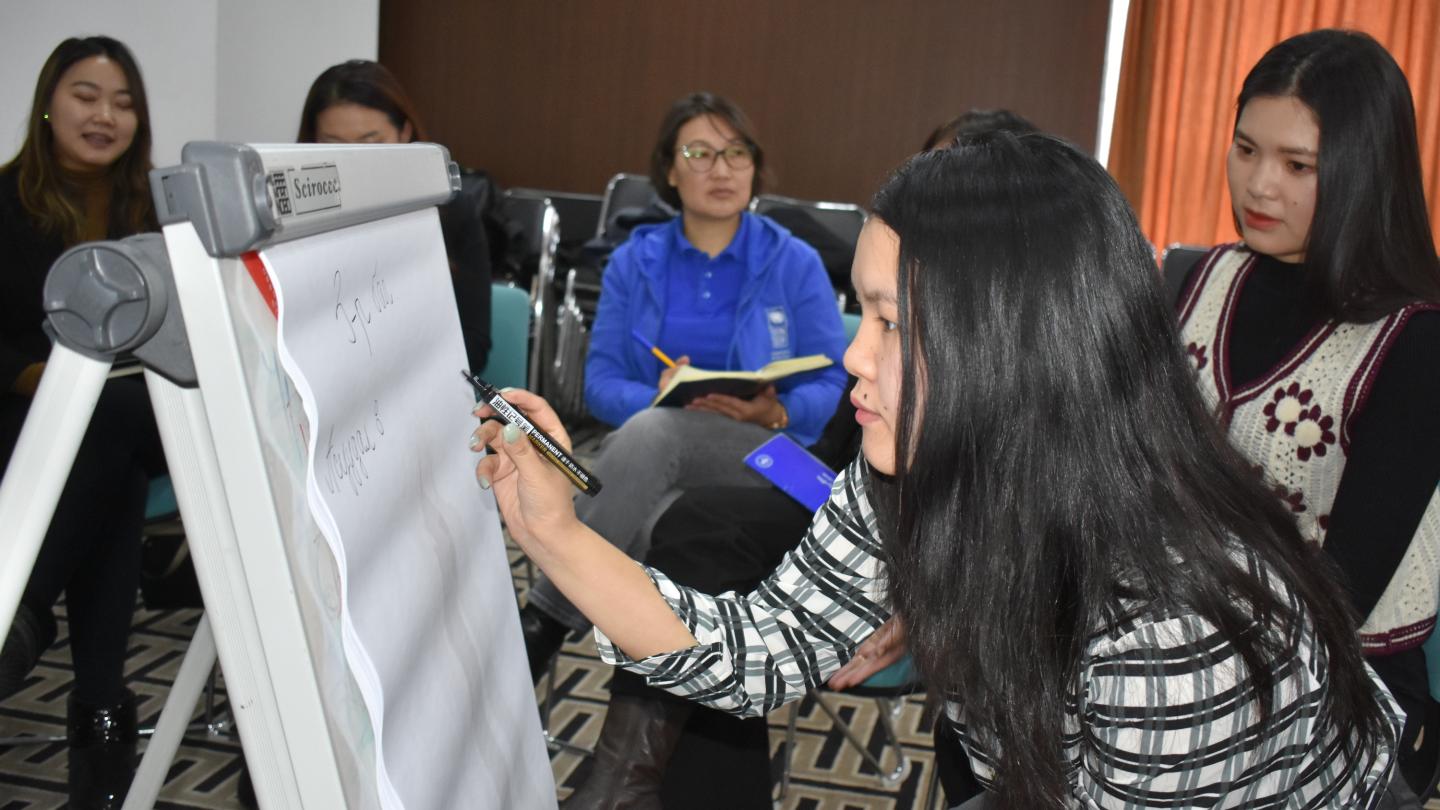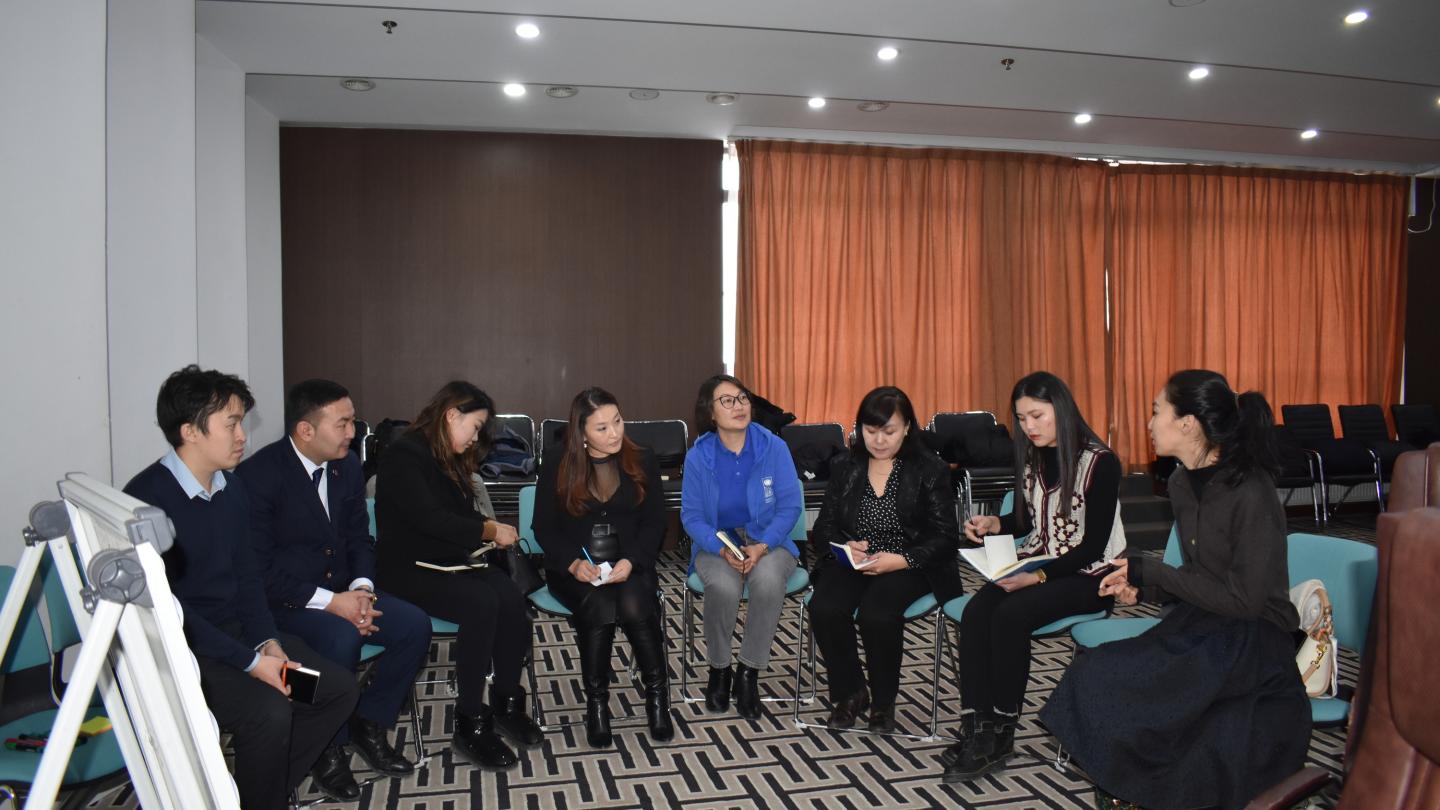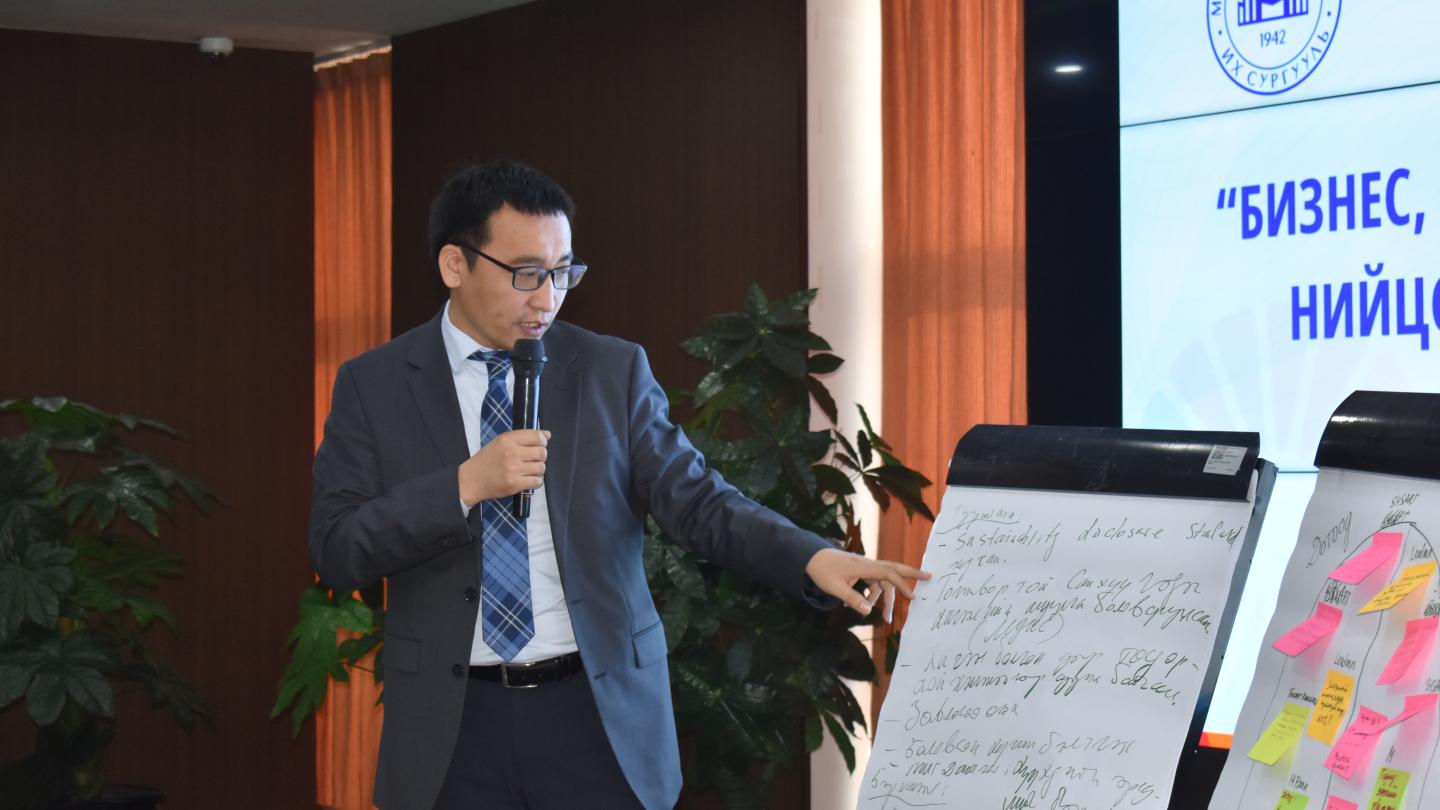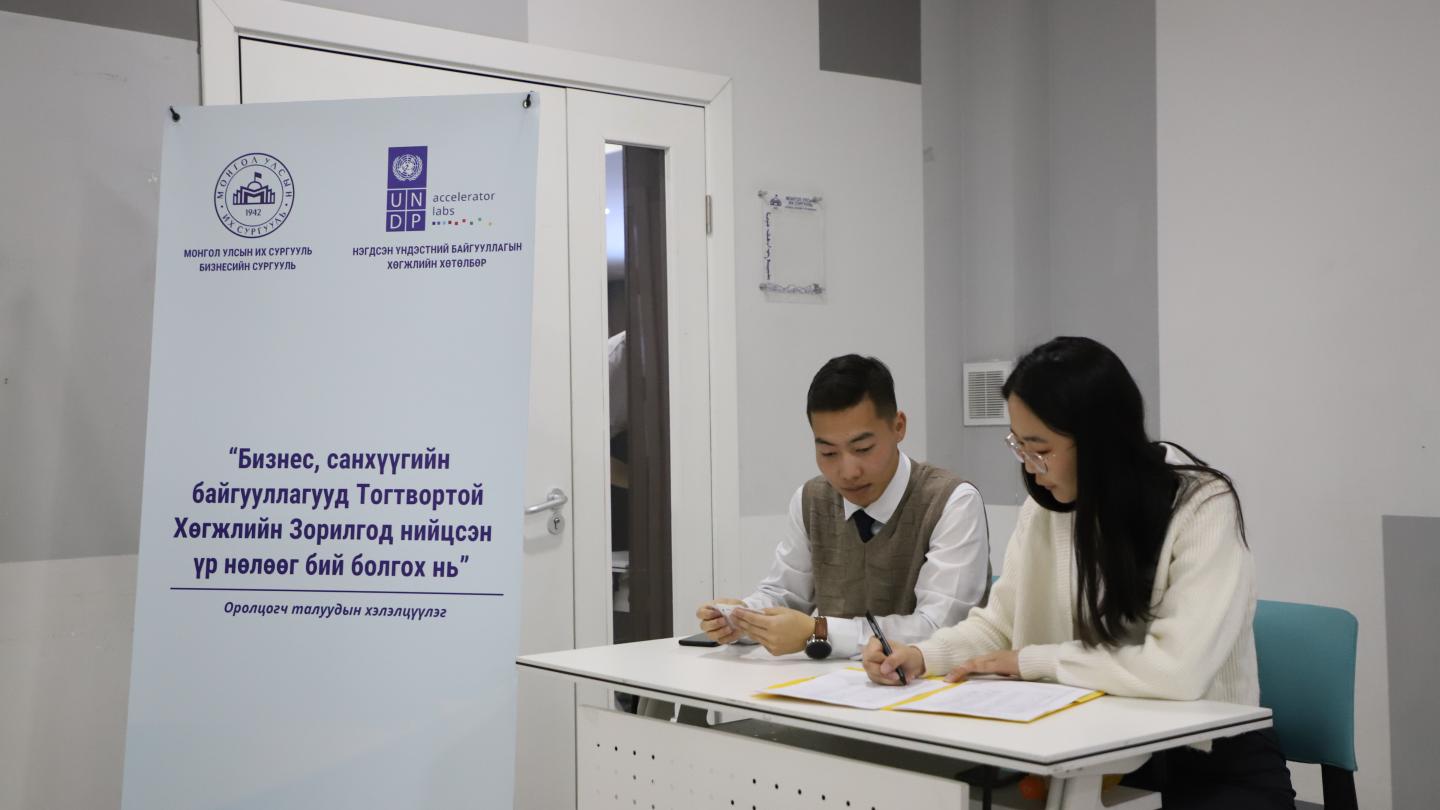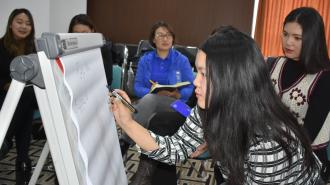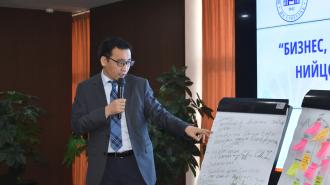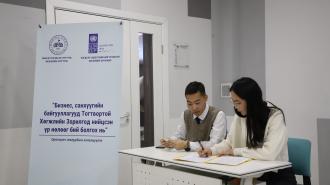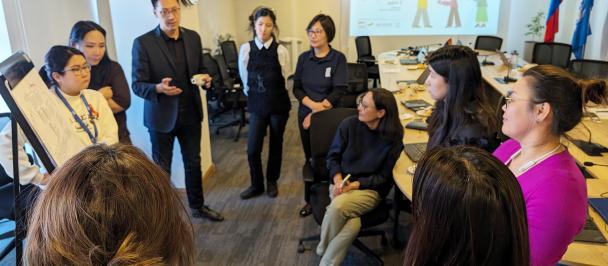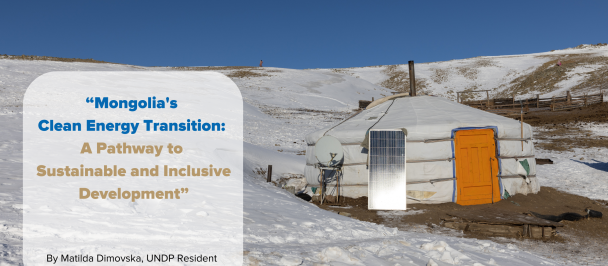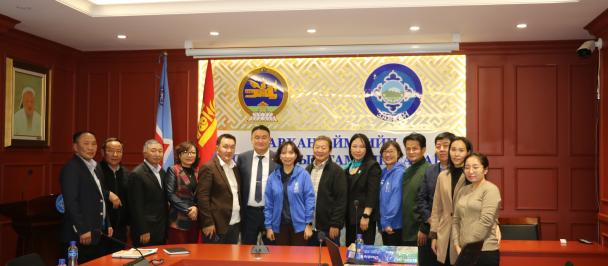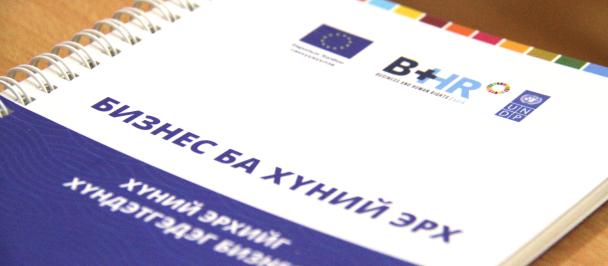SDG Impact Standards in Mongolia: Good for business. Good for people and planet
March 4, 2024
As the world races against time to achieve the Sustainable Development Goals (SDGs) by 2030, one thing is clear. It's an all-hands-on-deck situation with a spotlight on collaborative efforts across various sectors such as private sector to drive progress everywhere including Mongolia.
However, the private sector needs a blueprint to guide them operate more sustainably and contribute positively to sustainable development. This gave birth to the SDG Impact Standards, a flagship tool developed by UNDP to help businesses and investors align their business models and operations with SDGs.
Addressing challenges such as financial constraints is crucial for enhancing Mongolia's business environment, according to insights from the Mongolian Business Environment-2023 survey presented by the Mongolian National Chamber of Commerce and Industry and the Business School of National University of Mongolia (NUM).
Securing financing from international investors requires aligning business models and practices with SDGs. This clearly highlights need for introducing SDG Impact Standards in Mongolia.
Consequently, the UNDP Mongolia’s Accelerator Lab (A-Lab) has partnered with the Business School of the NUM to introduce the SDG Impact Standards in Mongolia.
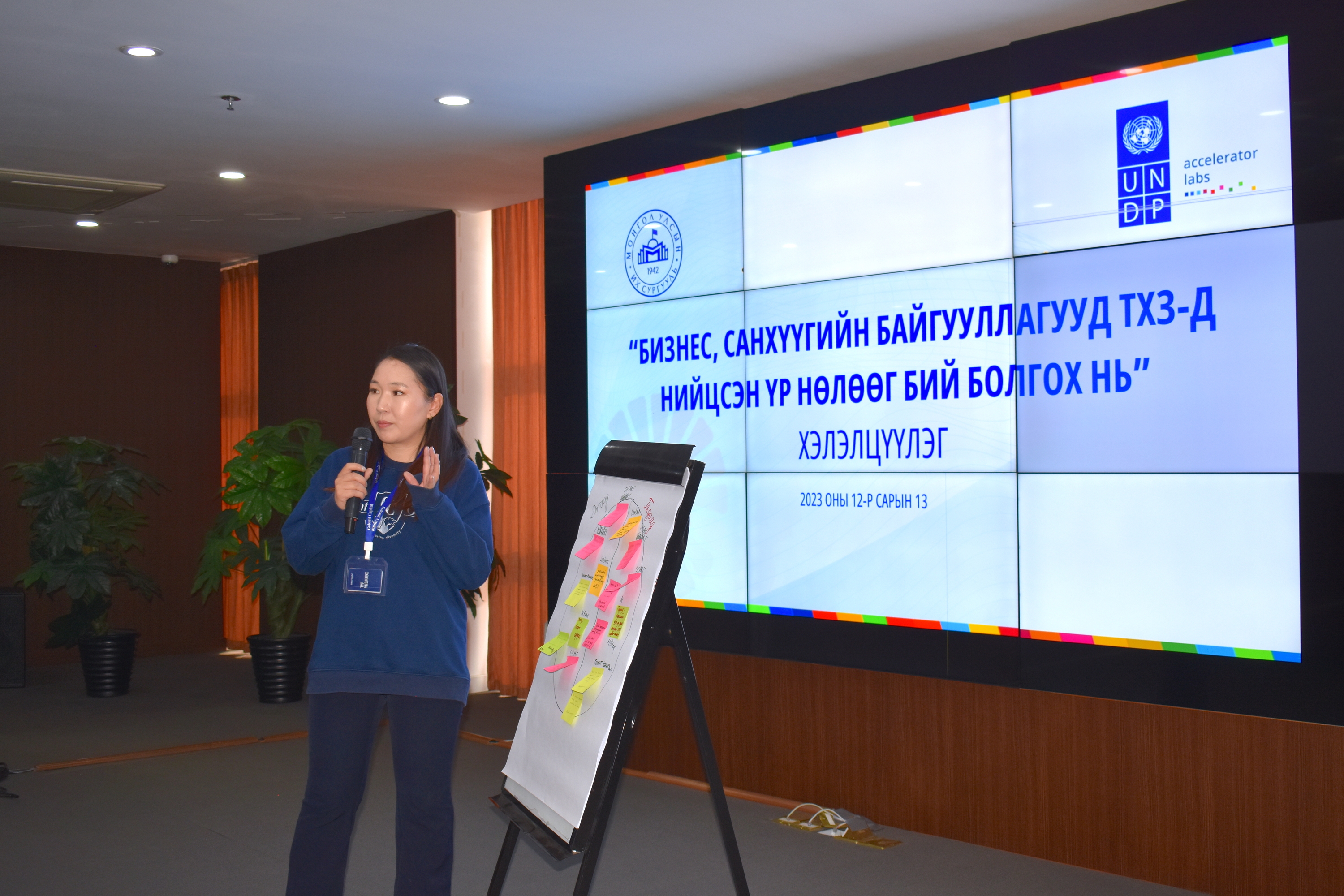
Sensemaking consultation with private sector representatives.
We approached the idea by preparing champions and ambassadors via training lecturers from NUM who participated in an interactive three-day training course. This equipped them with insights and tools needed to disseminate the knowledge to other actors.
Then, we organized two consultations with key players from the private sector, state-owned enterprises, and financial institutions operating in the finance, mining, retail, telecommunications, and logistics sectors. The aim was to understand their current sustainable business practices for addressing social and environmental issues and to gauge their commitment for adopting the SDG Impact Standards. The participants shared their plans, experiences and obstacles in a series of discussions designed to identify challenges and leverage areas of change, enabling broader systemic shifts necessary to accelerate SDGs’ integration by the private sector and investors.
Things are heading in promising direction as several of the major private sector actors are already working to align its operations with SDGs while others were inspired to do so utilizing the knowledge gained through the trainings following the footsteps of these companies.
Over the course of two days, we convened over 30 companies and government agencies with the aim of fostering a sense of unity around a common objective: the integration of SDG Impact Standards into the private sector. This collaborative effort enabled A-Lab and NUM to pinpoint specific areas for inclusion in a customized SDG Impact Standards module designed for enterprises and investors in Mongolia.
The resulting training module will be widely disseminated through an online learning platform and as a concise handbook in Mongolian. Following the consultative discussions, participants also emphasized the necessity of scrutinizing their existing strategies and management structures for decision-making through the SDG Impact Standard self-assessment as soon as possible.
We are highly encouraged and motivated to see such strong commitment and interest from Mongolian businesses towards long-term contributions to the SDGs and will continue our work with our partners.
If you want to learn more about this initiative, please contact us at: alab.mongolia@undp.org
***
Jargalan Bat-Orgil: A-Lab Head of Experimentation, UNDP Mongolia

 Locations
Locations